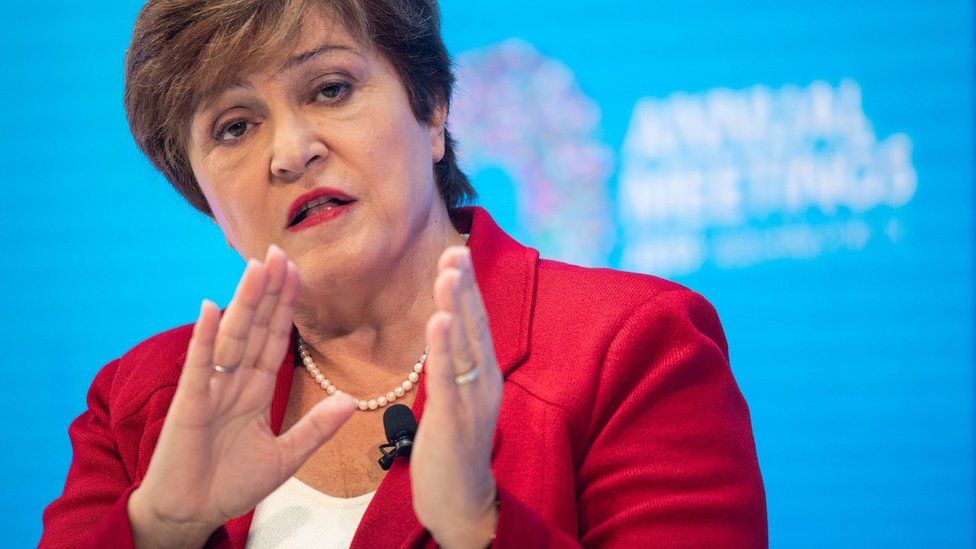Contrary to the Federal Government’s plan to remove subsidy on petrol in the second half of next year, the International Monetary Fund (IMF) has advised the Nigerian Government to fully remove fuel subsidy and move to a market-based pricing mechanism in early 2022 as stipulated in the 2021 Petroleum Industry Act (PIA).
The IMF, in a statement at the end of its 2021 Article IV Mission, said with the emergence of fuel subsidies and slow progress on revenue mobilisation, the country’s “fiscal outlook faces significant risks”.
According to the IMF's 2021 Article IV Mission statement released yesterday, Nigeria’s fiscal deficit is projected to widen in 2021 to 6.3 per cent of Gross Domestic Product (GDP) despite high oil prices.
Fiscal deficit is projected at 3.93 per cent and 3.39 per cent of GDP in Nigeria’s 2021 and 2022 budgets respectively.
It went on to note that public debt would increase to 43 per cent in five years if the Muhammadu Buhari administration does not put an end to “implicit fuel subsidies and higher security spending.”
“Despite much higher oil prices, the general government fiscal deficit are projected to widen in 2021 to 6.3 per cent of GDP,” IMF said in its report.
The fund said the projected fiscal deficits reflects “implicit fuel subsidies and higher security spending, and remain at that level in 2022.”
It also highlighted spending pressures associated with the electoral cycle and downside risks associated with the COVID-19 pandemic as other factors responsible for the country’s worsening fiscal deficit.
The report emphasised that fiscal deficits are projected to stay elevated with a 43 per cent increase if the government fails to make bold revenue mobilisation efforts.
“Fiscal deficits are projected to stay elevated above the pre-pandemic levels with public debt increasing to 43 per cent in 2026,” the report added.
In October, the IMF said that the economic recovery of Nigeria and other sub-Saharan nations will be slowest and lagging behind developed nations.
In its report titled regional economic outlook for sub-Saharan Africa, it projected the region’s economy to grow by 3.7 per cent and 3.8 per cent for 2021 and 2022 respectively.





